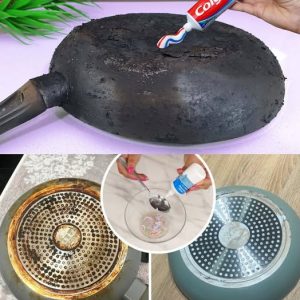Shingles, also known as herpes zoster, is a painful viral infection that can cause significant discomfort. This article will explain what shingles is, who is at risk, its symptoms, complications, and how to prevent and manage the condition effectively.
What is Shingles?
Shingles is caused by the varicella-zoster virus—the same virus that causes chickenpox. After recovering from chickenpox, the virus does not leave your body but remains dormant in the nerve cells. Years later, when the immune system weakens due to aging, stress, or other health conditions, the virus can reactivate as shingles.
Who is at Risk for Shingles?
Shingles can affect anyone who has had chickenpox, but certain groups are at higher risk, including:
- People over 50 years old.
- Individuals with weakened immune systems (e.g., cancer patients, people with HIV, organ transplant recipients, or those undergoing chemotherapy).
- People experiencing high levels of stress.
- Individuals with certain chronic illnesses.
Symptoms of Shingles

Early symptoms may include:
- Fever
- Chills
- Headache
- Fatigue
- Sensitivity to light
- Upset stomach
A few days later, more specific symptoms appear:
- Itching, tingling, or burning sensation in a specific area of the skin.
- Redness and the appearance of a raised rash.
- Fluid-filled blisters that break open and crust over.
- Mild to severe pain in the affected area.
Complications of Shingles
Shingles is more than just a painful rash. Some potential complications include:
- Postherpetic neuralgia (PHN): Persistent nerve pain that continues after the rash heals.
- Bacterial infections: If blisters become infected, they may require antibiotic treatment.
- Vision and neurological issues: In rare cases, shingles can affect the eyes (herpes zoster ophthalmicus) or other organs, leading to serious complications.
Prevention and Treatment

Vaccination
The most effective way to prevent shingles and its complications is vaccination. The recombinant zoster vaccine (Shingrix) is recommended for adults over 50 and those with weakened immune systems. It significantly reduces the risk of developing shingles and postherpetic neuralgia.
Treatment Options
While there is no cure for shingles, treatments can help manage symptoms and speed up recovery.
- Antiviral medications (most effective if taken within 72 hours of symptom onset):
- Acyclovir
- Valacyclovir
- Famciclovir
- Pain relievers (to reduce discomfort):
- Acetaminophen (Tylenol)
- Ibuprofen (Advil)
- Additional treatments:
- If a bacterial infection develops, doctors may prescribe antibiotics.
- Anti-inflammatory medications, such as corticosteroids, may be used if shingles affects sensitive areas like the eyes.
Important: Do not self-medicate. Always consult a healthcare professional before taking any medication.
Is Shingles Contagious?

Shingles itself is not contagious, but the varicella-zoster virus can spread to someone who has never had chickenpox or has not been vaccinated. If exposed, they may develop chickenpox, not shingles.
To prevent transmission:
- Keep the rash covered.
- Avoid touching or scratching the affected area.
- Wash hands frequently.
- Avoid contact with pregnant women, newborns, and individuals with weakened immune systems.





